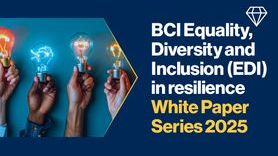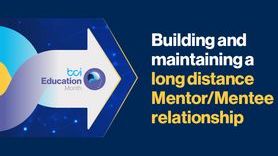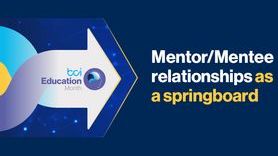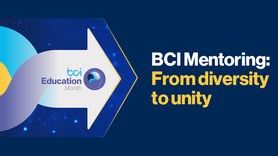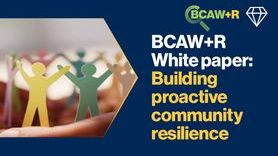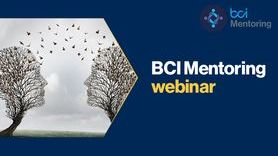World Population Day: Underlining the importance of inclusivity
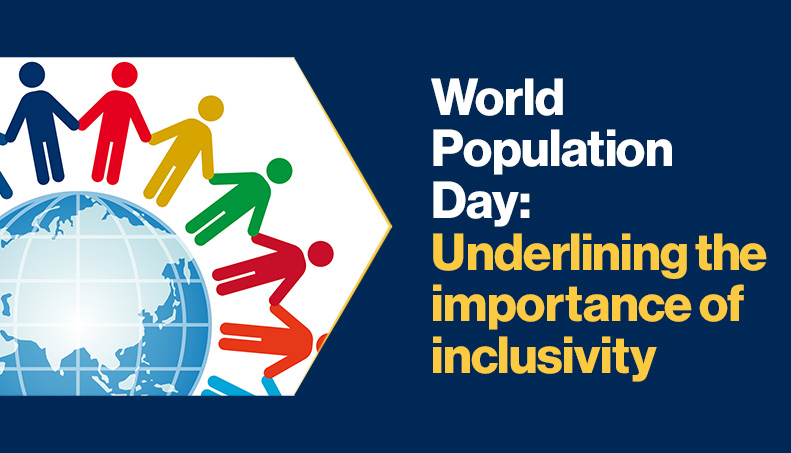
Today (11th July) is the United Nations’ (UN) World Population Day 2024 and this year’s themes are family planning, gender equality, poverty, maternal health, and human rights.
World Population Day was established by the UN Development Programme in 1989. Its aim is to raise awareness of the world’s population challenges and their impacts on development and the environment[1].
Each year, to coincide with World Population Day, the UN releases the ‘World population prospects: summary of results’ report that uses demographic data to assess population levels, regional differences in population growth and decline, and global, regional, and national level trends. For resilience professionals, population challenges and their impacts can directly challenge organizations’ resilience. Therefore, in being mindful of the results of this - and similar - reports each year, practitioners can review how their own organization, and their suppliers, could be impacted by emerging population trends.
This demographic data has identified huge leaps in population growth and reflects the world’s age, ethnicity, and gender societal structures. However, as the UN recognises, the most marginalised communities remain underrepresented in data, meaning many communities lack a voice and continue to be adversely impacted.
UN Secretary-General António Guterres highlighted the importance of accurate data in order to propose pertinent solutions:
“As the theme of this year’s World Population Day reminds us, investing in data collection is important to understanding problems, tailoring solutions, and driving progress.”
World Population Day is a chance to consider who is underrepresented, the reasons why, and ask how this affects society. It’s also a chance to reflect on how organizations capture and promote diversity so everyone can reach their full potential.
There are many advantages of embedding equality, diversity, and inclusion principles within organizations, such as a larger pool of prospective talent to choose from when hiring, more in-house innovation, a clearer understanding of diverse customer bases, and wider perspectives on organizational challenges, all of which ultimately lead to more profit.
In business continuity (BC), a diverse range of staff is a valuable asset. An inclusive business continuity team means a range of viewpoints are considered so that gaps in resilience planning are not missed, and it promotes faster, better problem solving and decision making. Therefore, organizations that promote diversity and inclusiveness are likely to be the most resilient, catering for all its stakeholders and approaching adverse challenges from a number of nuanced angles.
BCI member Neal Mullen explains how a group of neurotypical and neurodiverse business continuity practitioners brings more innovation, skill, and creative solutions to the table than a solely neurotypical group could bring.
In his article ‘Patterns’ Neal said: “In the realm of resilience, the unique skills and approaches of neurodiverse staff, particularly in planning and crisis situations, should be viewed as invaluable assets…if you can harness neurodiverse capabilities, and blend them with neurotypical skills, whatever your department or business does, you will excel.”
This insightful point underlines the positive aspects of neurodiverse and neurotypical capabilities working together, but it also reflects the better advantages of teams working without heavy biases, for example age, gender, and ethnicity.
Ultimately, a diverse organization that weaves inclusivity into the fabric of its structure enhances its reputation and creates a more resilient organization that’s capable of weathering disruptions, satisfying stakeholders, and delivering business as usual.


